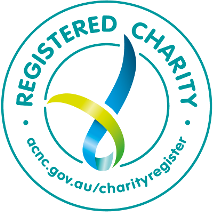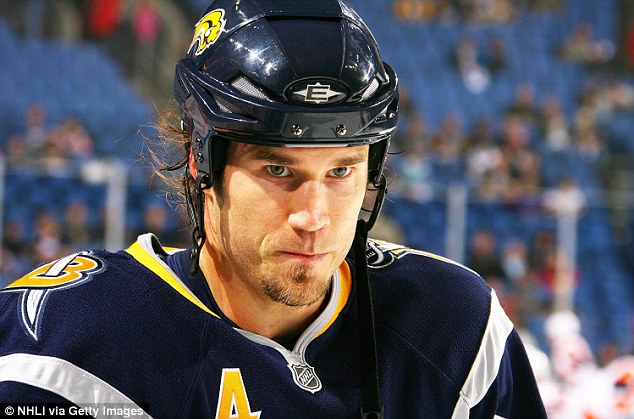In February, former NHL hockey player Steve Montador was found dead in his home. He was 35 years old. There has been quite a bit of chatter around his passing and the issue of mental health support in professional sports.
I must admit that I’ve had a really hard time writing this post. So much so, that I have put off publishing it. I have such a hard time reading stories like Montador’s and not getting emotionally charged. There is just no reason for something like this to happen over and over again, especially when we have the tools to assist them.
A lot of questions also came up for me in the process of researching. I found it hard to find an answer to what is being done by professional organizations to provide transition support for its athletes. Looking at the various leagues’ websites didn’t help as there is little information for players, families or fans about this issue and what they are doing about it. I’ve also emailed the NFL and the NHL Players Associations to learn more, but I’m pretty sure those emails just went into a black hole. Reading books like League of Denial: The NFL, Concussions and the Battle for Truth has helped some, but it also made me frustrated as it shines a light on the alleged cover-ups and the seemingly lack of responsibility that the NFL (and other professional sports organizations) continues to take on the matter.
In her insightful and thoughtful article on the Players Tribune, Hayley Wickenheiser declares; “It is a moral and ethical duty for all pro-sports franchises to develop their athletes as people, to help them transition to life after, and to set them up for success along the way.” Chicago Blackhawk Daniel Carcillo echo’s her sentiments in his courageous and emotional video also on the players tribune.
I wholeheartedly agree. With sports like football and hockey in particular, somebody needs to be doing more to show support after these athletes’ bodies have been beaten and their brains have been shaken up countless times. This is where things get a bit more complicated for me. I go back and forth on who ultimately is responsible for making this happen and the best (most realistic) ways of putting these programs in place. Is it the responsibility of the players associations, the owners, the individual teams, the league, a separate governing body, or the government? Maybe it’s a combination. I’m not totally sure.
I think it’s also worth noting the responsibility of the individual athletes. Yes, there is a responsibility there for sure, but what about the instances when they don’t know they need support or can’t be convinced to get the help they need? Who steps up then? What’s being offered?
This is where I think the professional sports organizations have the biggest opportunity to step in and take more responsibility. They can put programs in place that proactively address the post-career transition and needs of retiring athletes, addressing these issues head-on well before they happen.
I want both Ms. Wickenheiser and Mr. Carcillo to know that there are people out there trying to help. And while the NHL, the NFL and other professional organizations may not be doing enough; there are people out there that are tirelessly attempting to push them in the right direction. Sports professionals and mental health professionals have spent countless hours thinking about how to better develop athletes before this major transition in their lives and what the needs of the athlete are at each stage in their career and retirement. There just seems to be a lack of adoption and awareness to ensure these tools are placed in the hands that need them most.
I can’t presume to know all of the facts about Montador’s untimely death or even very many of them. However, I believe that whatever happened to him might have been avoided if the NHL had transition assistance programs in place. How can we get organizations like the NHL and NFL to provide better support programs or any support programs at all? Who do we need to get in touch with to start or progress the conversation? I’d love your thoughts and feedback on the matter.
Erica
Note: I have looked all over the internet and haven’t been able to personally find a reporting on the autopsy findings for Steve Montador. Prior to the the autopsy, it was reported that their was no “foul play” in his death. Hopefully more information will be released soon.
This piece has been edited from its original version which can be read on Erica’s blog.



